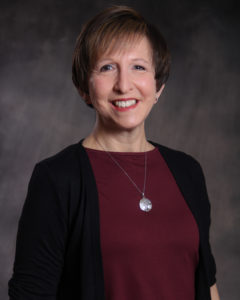 Written by Sharon Squibb, MS, CNM, ARNP, NCMP
Written by Sharon Squibb, MS, CNM, ARNP, NCMP
What is menopause?
Menopause is a natural biological process (like puberty). All women – if we live long enough-go through Menopause.
Menopause can happen in your 40s or 50s, but the average age is 51 in the United States. The definition of menopause is one entire year without a period. So, what if you don’t have a period because of surgery -like a hysterectomy or because of birth control?
The symptoms of menopause can vary from woman to woman. These changes may include period changes, hot flashes and night sweats, skin changes, hair changes, weight changes, mood changes, brain fog, joint pain, decreased energy, and more. Wow!
We may live more than half of our life – after menopause and there are ways to help make this transition easier. There are medications which may include hormones or other medications to help with these bothersome symptoms.
I will sit down and take the time to explain what is happening to your body – you are not going crazy.
The attitude toward medications and hormone therapy has changed in recent years. Most medical societies support not only the ‘lowest dose for the shortest time’ but also ‘the appropriate dose for the appropriate amount of time.’
Come talk with Sharon Squibb, MS, CNM, ARNP, MSCP about this important transition and the journey through to the other side.
